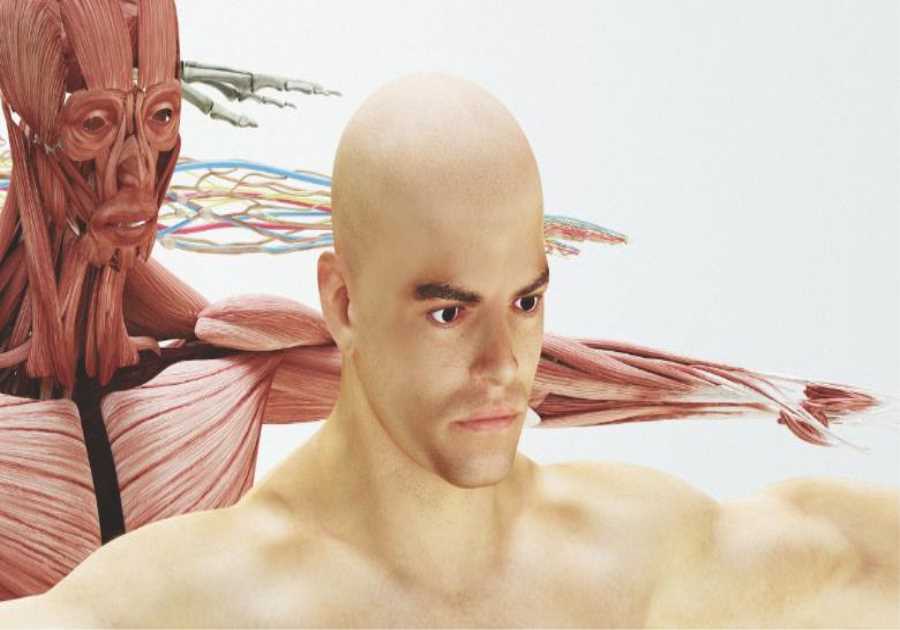
Ever wondered why some people practically bounce out of bed before sunrise, while others hit snooze until the last possible second? Why are some people morning people and others night owls? The answer isn’t as simple as just personal preference. A complex interplay of genetics, biology, lifestyle factors, and even personality traits shapes our internal clocks and determines whether we’re an early bird or a night owl.
Understanding these factors can help you optimize your daily routine and make the most of your natural energy patterns. It’s not just about waking up early but also about aligning your schedule with your body’s natural rhythm. Let’s dive into the fascinating world of morning people and uncover the 13 reasons behind their early-rising tendencies.
1. The Genetics of Early Birds

Research suggests that genetics play a significant role in determining whether someone is a morning person. Specific genes influence our circadian rhythm, the internal clock that regulates our sleep-wake cycle. If your DNA is coded for early rising, you’re more likely to be a natural early bird. This genetic predisposition can be traced back to our ancestors, where early risers may have had an evolutionary advantage in hunting and gathering food.
However, genetics isn’t the sole factor at play in explaining why some people are morning people. While your genes may make you predisposed to being a morning person, your lifestyle and environment also play a crucial role. The good news is that even if you don’t have the “early bird” genes, you can still adopt habits and routines that make waking up earlier easier and more enjoyable.
2. The Biology of Morning People
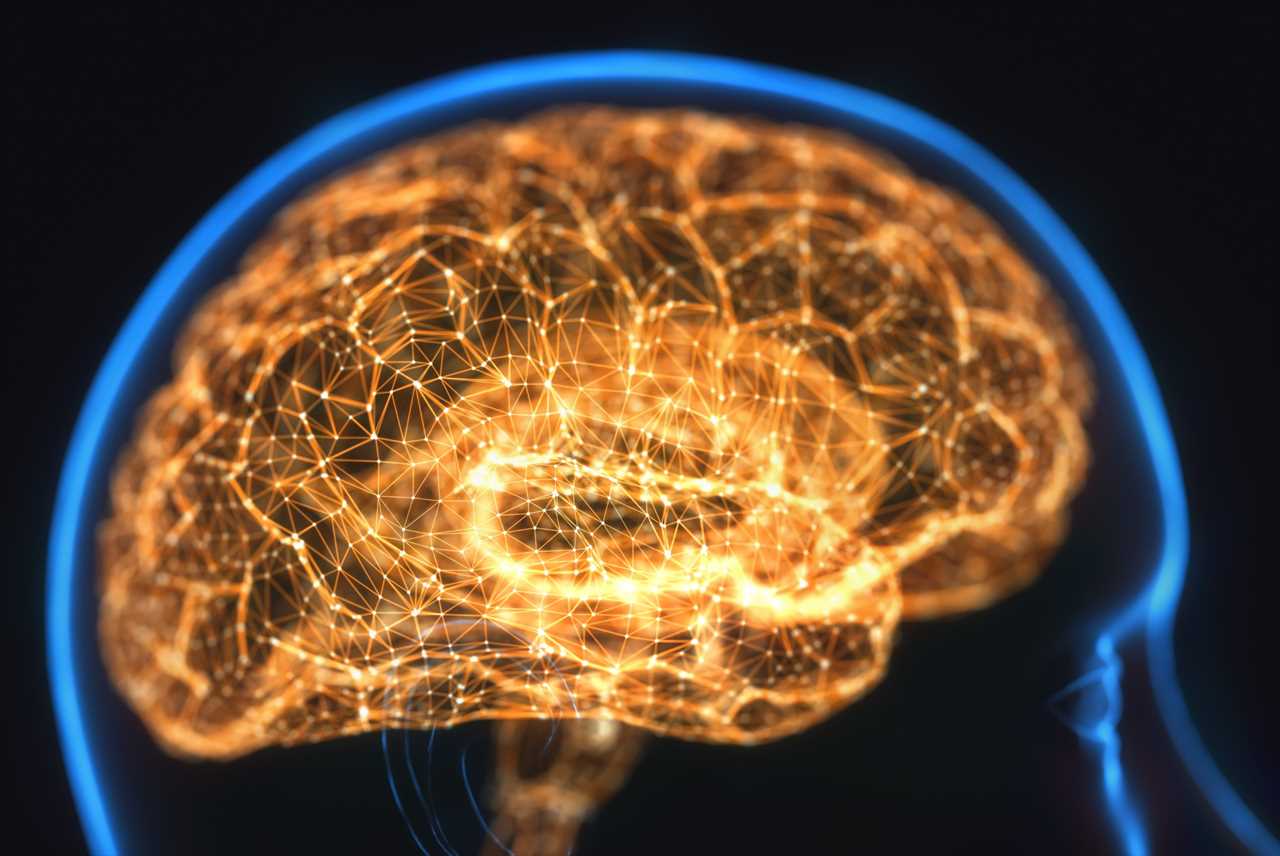
Morning people often experience a surge of cortisol, a stress hormone, in the early morning hours. This hormonal boost provides them with energy and alertness, making it easier to wake up and get going. Additionally, their melatonin levels, the sleep-inducing hormone, tend to drop earlier in the evening, prompting them to feel tired and ready for bed sooner than night owls.
This biological difference in hormone levels is one of the reasons why are some people morning people and naturally wake up earlier and feel more refreshed in the morning. Their bodies are primed for activity, while night owls may still feel groggy and sluggish. Understanding these biological differences can help you appreciate the unique advantages and challenges of being a morning person.
3. The Impact of Lifestyle on Morningness
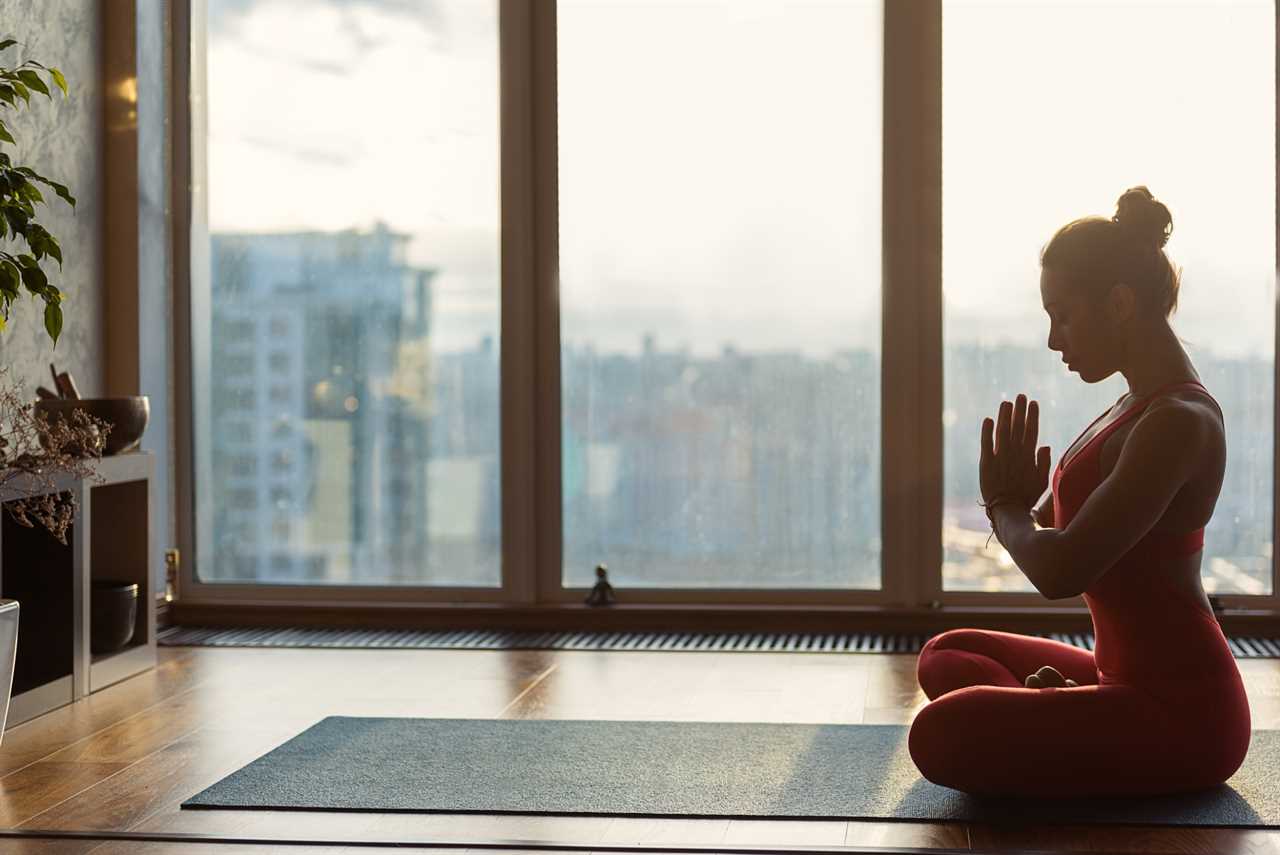
While genetics and biology lay the groundwork, lifestyle choices can also influence morning person tendencies. Consistent sleep schedules, exposure to natural light, and regular exercise can help regulate your circadian rhythm and make you more likely to wake up feeling refreshed and energized. Creating a relaxing bedtime routine and avoiding screens before sleep can also contribute to better sleep quality and make waking up easier.
On the other hand, staying up late, using electronic devices before bed, and consuming caffeine in the afternoon can disrupt your internal clock and make it harder to become a morning person. In fact, some scientists believe that understanding how lifestyle impacts our circadian rhythms can help us answer the question of why some people are morning people. By making mindful choices about your daily habits, you can influence your sleep-wake cycle and potentially shift towards becoming an early riser.
4. The Benefits of Being a Morning Person
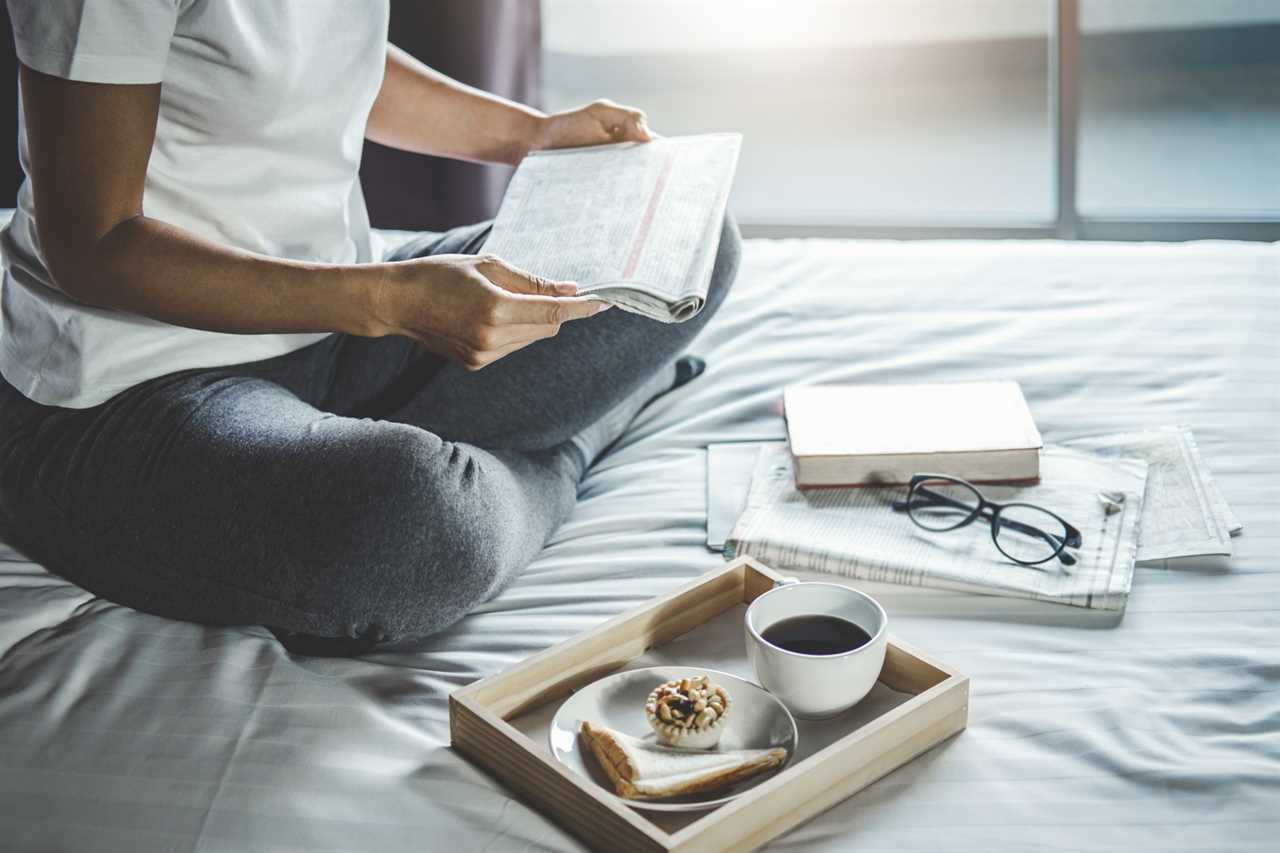
Morning people often enjoy numerous advantages, including increased productivity, better mental health, and improved sleep quality. They tend to be more proactive, organized, and optimistic. Having a consistent morning routine can set a positive tone for the day, allowing for activities like exercise, meditation, or focused work before distractions arise.
Early mornings also offer a sense of tranquility and peace, providing an opportunity for self-reflection and personal growth. These morning people benefits may be one of the reasons why are some people morning people and actively choose to embrace their early-rising tendencies. While the benefits are significant, it’s important to remember that everyone has their own unique preferences and rhythms.
5. Tips for Becoming a Morning Person

If you’re not naturally a morning person but want to reap the benefits of an early start, there are steps you can take to gradually shift your sleep-wake cycle. Start by waking up 15 minutes earlier each day, gradually increasing the time until you reach your desired wake-up time. Exposing yourself to sunlight first thing in the morning can help regulate your circadian rhythm and signal to your body that it’s time to wake up. Some couples sleep in separate rooms to find what works best for them.
Avoiding caffeine in the afternoon and creating a consistent bedtime routine can also help you fall asleep earlier and wake up feeling refreshed. Remember, consistency is key, and it may take several weeks for your body to adjust to a new schedule. If you are committed to becoming a morning person, following these morning person tips can help you transition smoothly.
6. The Power of Habit
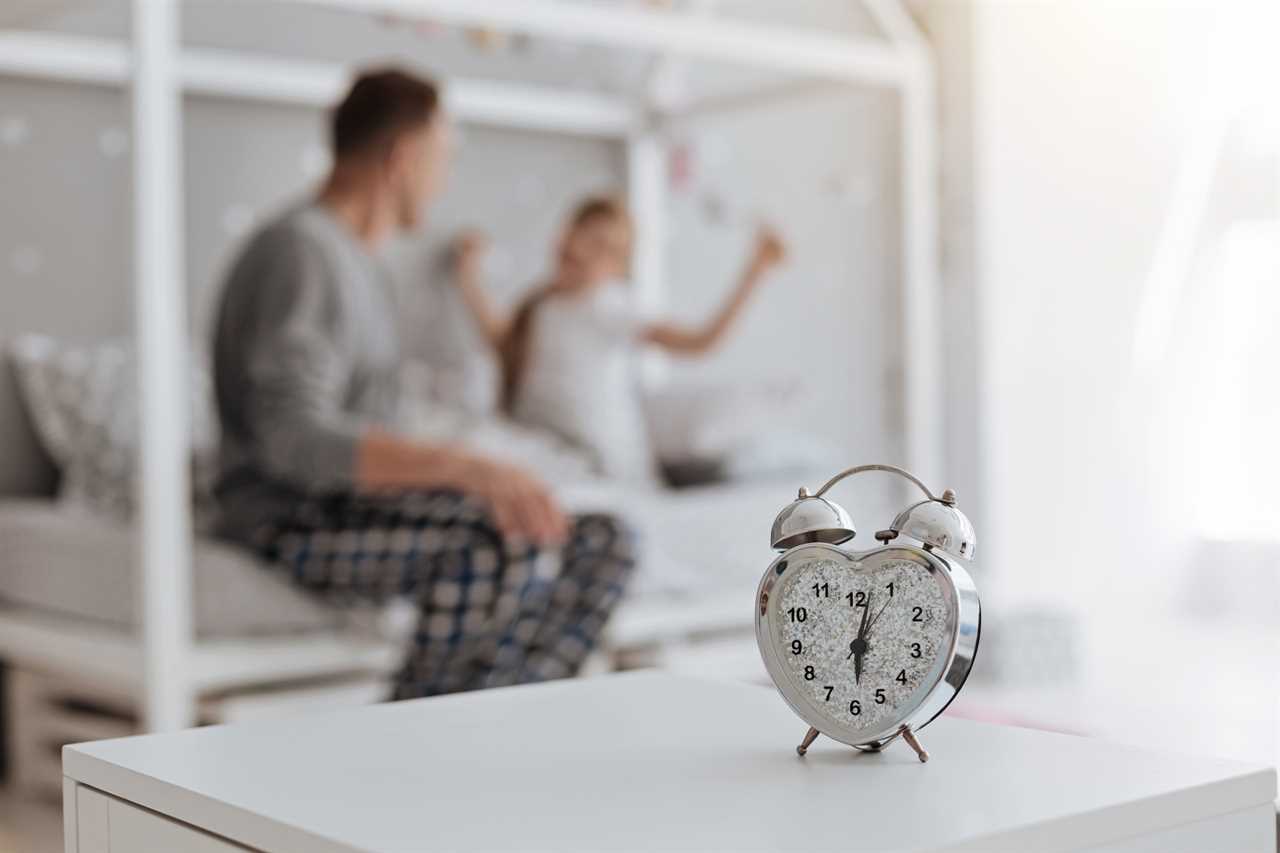
Morning people often cultivate habits that support their early-rising tendencies. They prioritize sleep, create consistent routines, and make choices that align with their desire to wake up early and energized. By establishing positive habits around sleep and wakefulness, they reinforce their natural inclinations and make it easier to maintain their early morning routine.
If you’re looking to become a morning person, building habits like going to bed and waking up at the same time each day, avoiding screens before sleep, and engaging in relaxing activities before bed can be helpful. By understanding the power of habit, you can create a sustainable routine that supports your desired sleep-wake cycle.
7. The Role of Personality

Research suggests that personality traits may also play a role in determining whether someone is a morning person. Individuals who are more conscientious, organized, and goal-oriented tend to be more likely to identify as early birds. They thrive on structure and routine, making it easier for them to establish and maintain an early morning routine.
On the other hand, those who are more spontaneous and flexible may find it easier to adapt to a later sleep schedule. Understanding the relationship between personality and chronotype can shed light on why some people are morning people and others are not.
8. The Influence of Age

Age can also influence our sleep-wake preferences. Children and adolescents tend to be more inclined towards later bedtimes and wake-up times, while older adults tend to prefer earlier schedules. This shift in preferences is thought to be related to changes in hormones and circadian rhythms throughout the lifespan.
As we age, our bodies naturally produce less melatonin, the sleep-inducing hormone, making it easier to wake up earlier. This is why many older adults naturally become morning people, even if they weren’t earlier in life.
9. The Importance of Sleep Quality
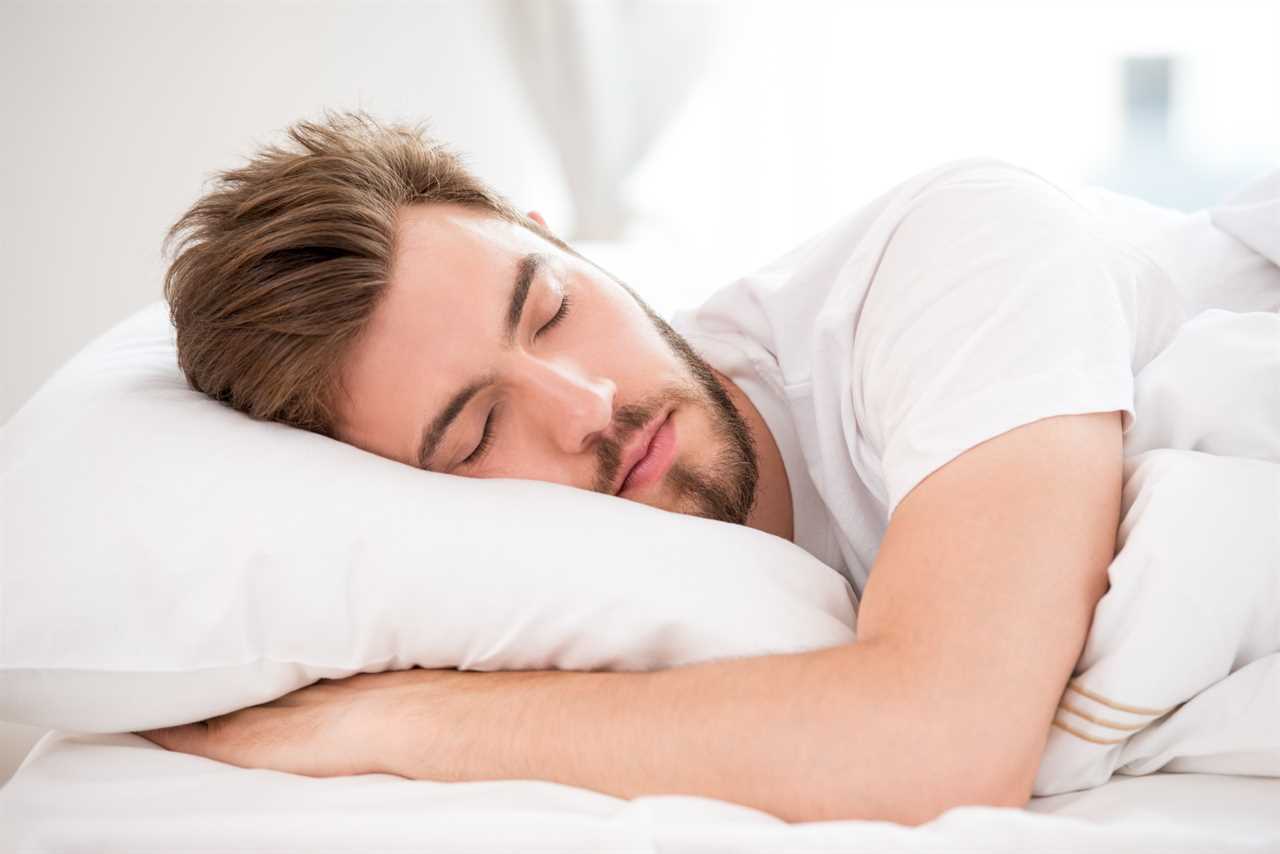
Regardless of whether you’re a morning person or a night owl, sleep quality is essential for overall health and well-being. Getting enough sleep and ensuring that sleep is restful and restorative can improve cognitive function, mood, and energy levels. This is why some people thrive on less than six hours of sleep.
For morning people, prioritizing sleep quality is crucial for maintaining their energy levels and productivity throughout the day. By establishing a consistent sleep schedule, creating a relaxing bedtime routine, and optimizing their sleep environment, they can ensure that they get the most out of their sleep and wake up feeling refreshed and ready to tackle the day.
10. The Social Jet Lag Phenomenon

Social jet lag refers to the discrepancy between our natural sleep-wake cycle and the demands of our social schedule. For many people, weekends and weekdays have different sleep patterns, leading to a feeling of jet lag when transitioning between the two. This can disrupt our internal clocks and make it harder to maintain a consistent sleep schedule.
For morning people, minimizing social jet lag is essential for maintaining their early rising tendencies. By sticking to a consistent sleep schedule, even on weekends, they can minimize the disruption to their internal clock and avoid feeling groggy and tired when they need to wake up early on weekdays.
11. The Impact of Light on our Circadian Rhythm

Light plays a crucial role in regulating our circadian rhythm. Exposure to bright light in the morning suppresses melatonin production and signals to our bodies that it’s time to wake up. On the other hand, dim light in the evening triggers melatonin production and prepares us for sleep.
For morning people, maximizing exposure to natural light in the morning can help reinforce their early rising tendencies. Spending time outdoors, opening blinds and curtains, or using a light therapy box can all help suppress melatonin production and promote wakefulness.
12. The Role of Diet and Nutrition
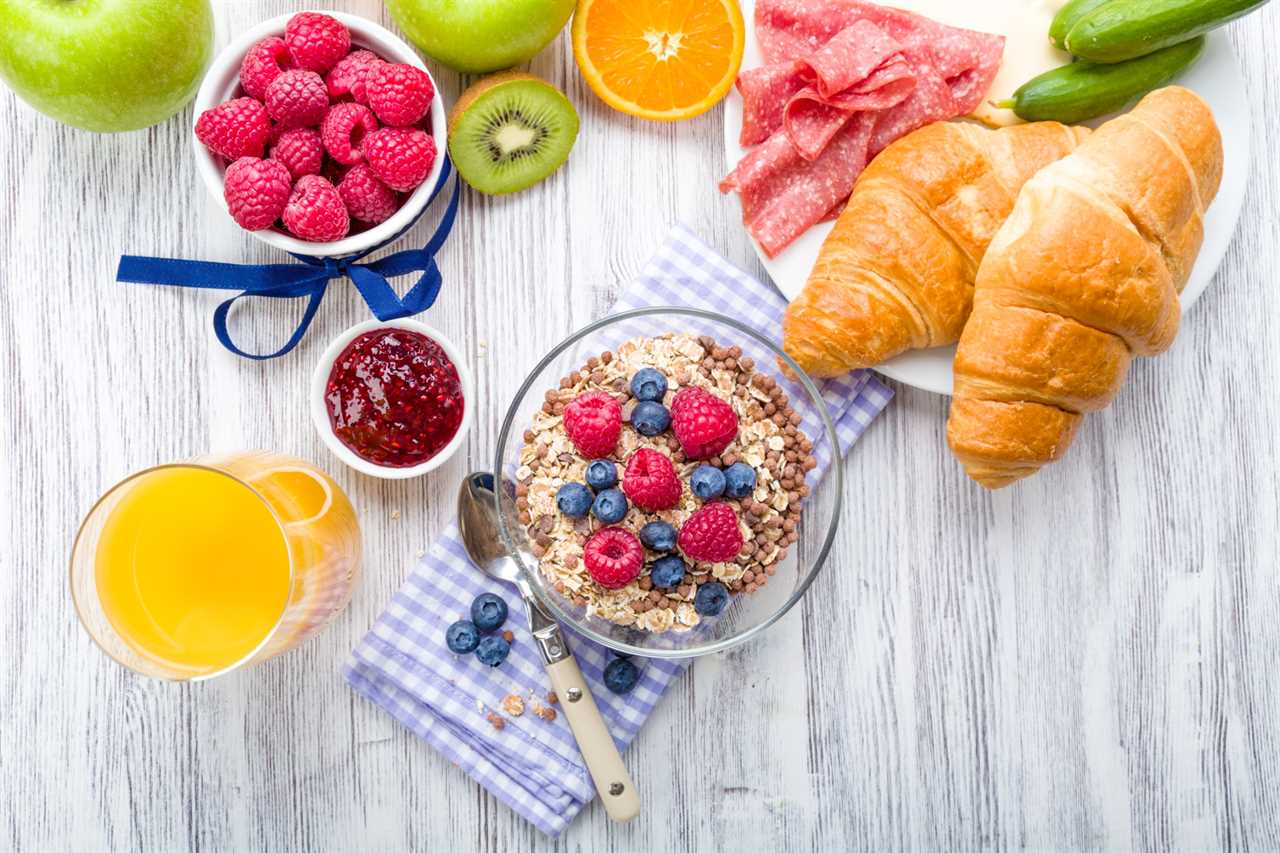
What we eat and drink can also influence our sleep-wake cycle. Caffeine, alcohol, and heavy meals close to bedtime can disrupt sleep and make it harder to wake up in the morning. On the other hand, a balanced diet rich in nutrients that support sleep, such as magnesium and tryptophan, can promote restful sleep and make it easier to wake up feeling refreshed.
For morning people, paying attention to their diet and nutrition can help support their early rising tendencies. Avoiding caffeine in the afternoon, eating a light dinner, and incorporating sleep-promoting foods into their diet can all contribute to better sleep quality and make it easier to wake up early.
13. The Power of Mindset
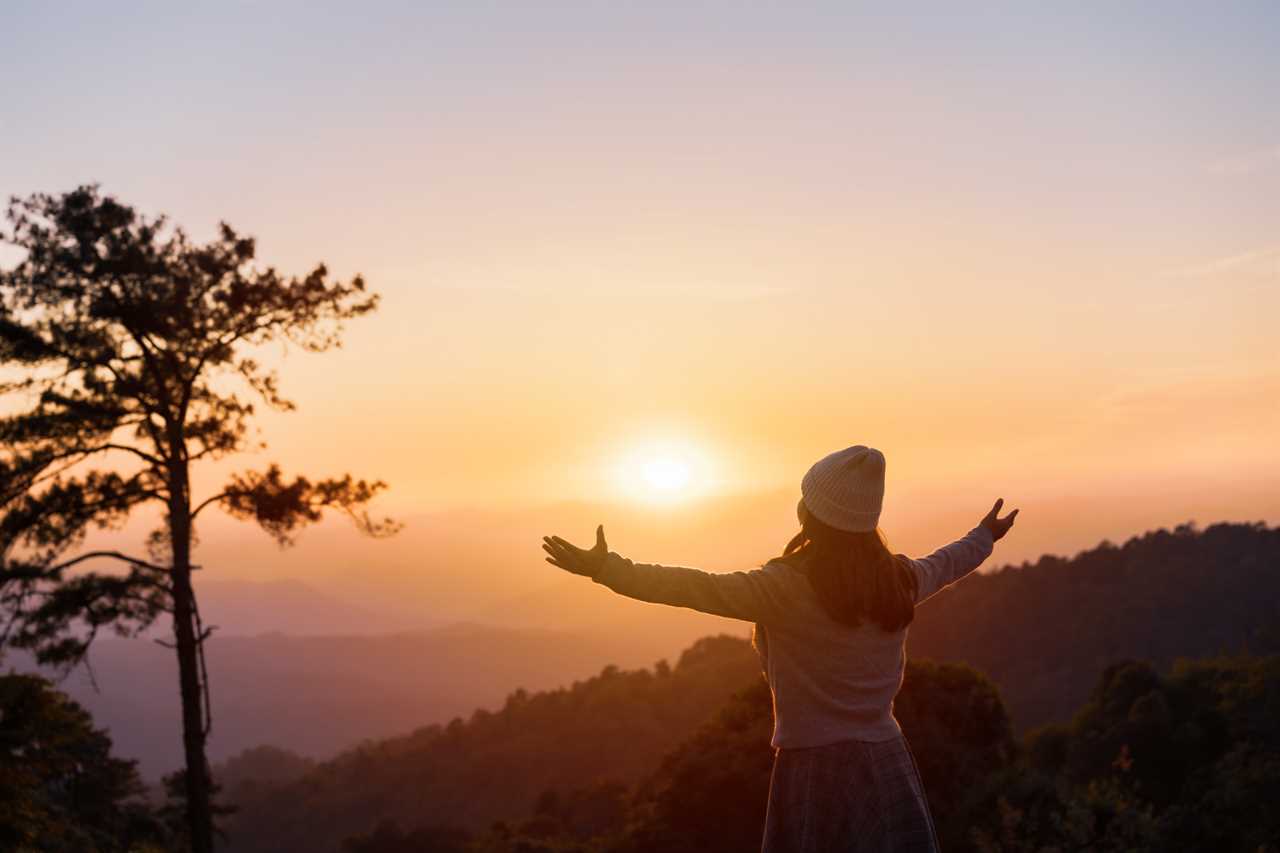
Our mindset and beliefs about sleep and wakefulness can also influence our sleep-wake patterns. If we believe that we’re not a morning person, we’re more likely to struggle with waking up early and may create a self-fulfilling prophecy. On the other hand, if we believe that we can become a morning person, we’re more likely to adopt the habits and routines that support early rising.
For those who want to become morning people, cultivating a positive mindset about early rising can be helpful. By focusing on the benefits of waking up early, setting realistic goals, and celebrating small victories, they can create a positive feedback loop that reinforces their new habits and makes it easier to stick to an early morning routine.
Make the Most of Your Morning

Whether you’re a morning person or a night owl, understanding your natural rhythms is essential for a productive and fulfilling life. By recognizing the factors that influence your sleep-wake cycle and implementing strategies to optimize your daily routine, you can tap into your full potential, no matter what time of day you feel most energized.
|||-------------------------------------
By: Randell Suba
Title: 13 Reasons Why Some People Are Morning People
Sourced From: www.dinksfinance.com/2024/06/13-reasons-why-some-people-are-morning-people/
Published Date: Thu, 06 Jun 2024 10:45:29 +0000
Did you miss our previous article...
https://coachingbusinessowners.com/funding/15-products-that-are-ecofriendly-without-breaking-the-bank






